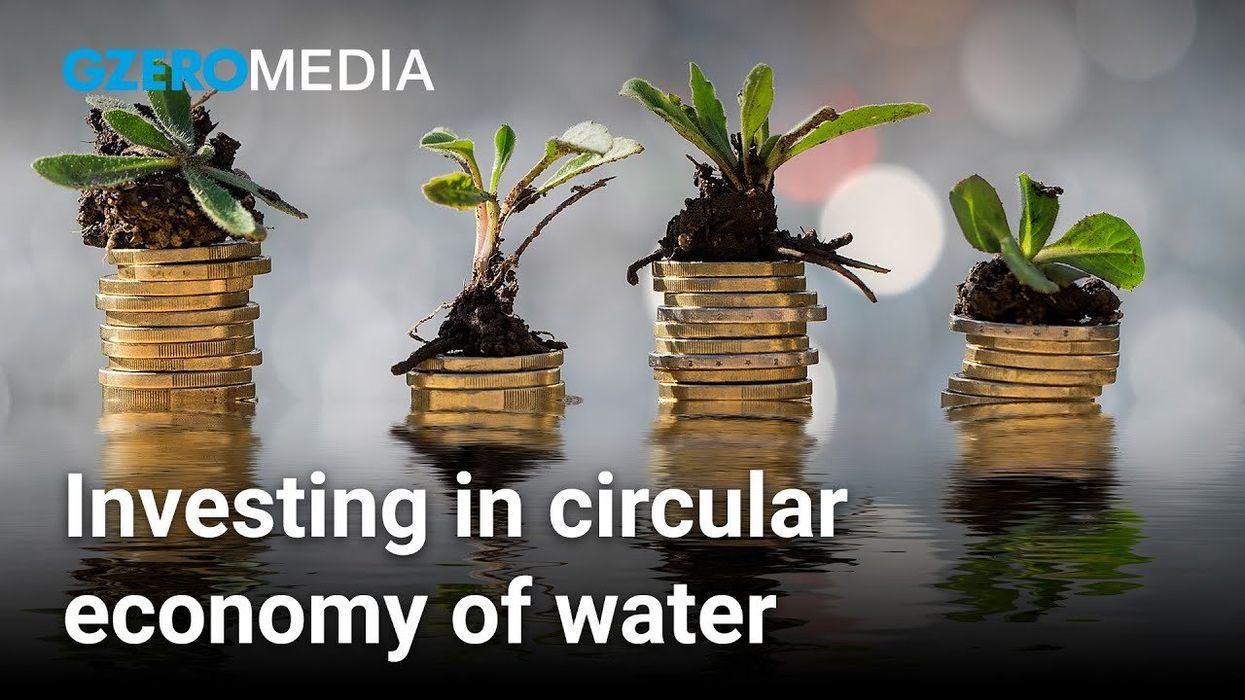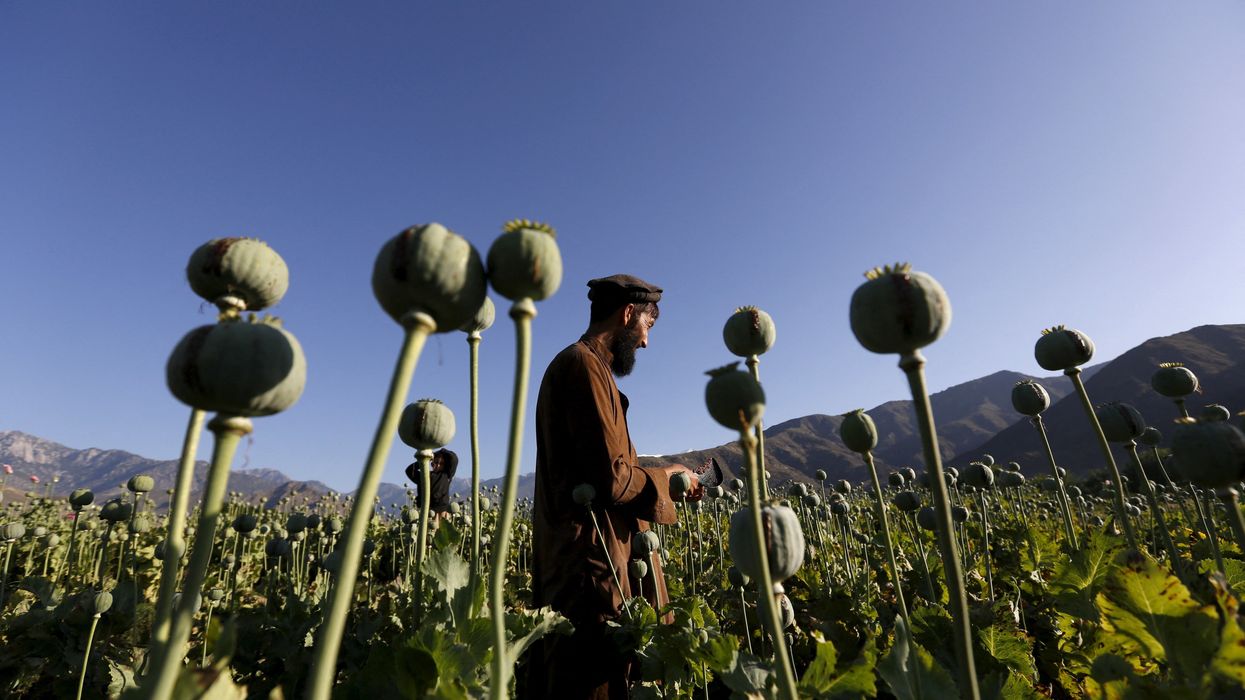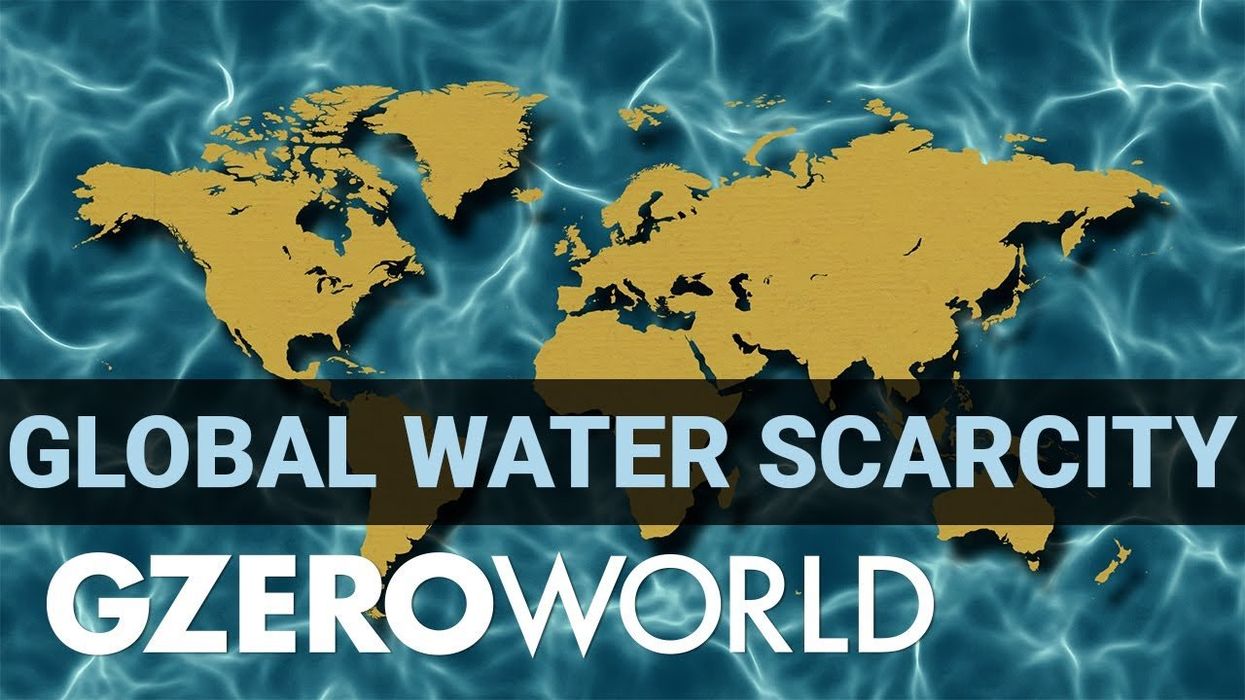Climate
Saving the planet is big business | Minoj Jain
Can saving the planet's freshwater be profitable? Most certainly, says Manoj Jain, investment director at Unison Capital — at a GZERO Live event organized by Sustainability Leaders Council, a partnership between Eurasia Group, GZERO Media, and Suntory.
Dec 10, 2023



